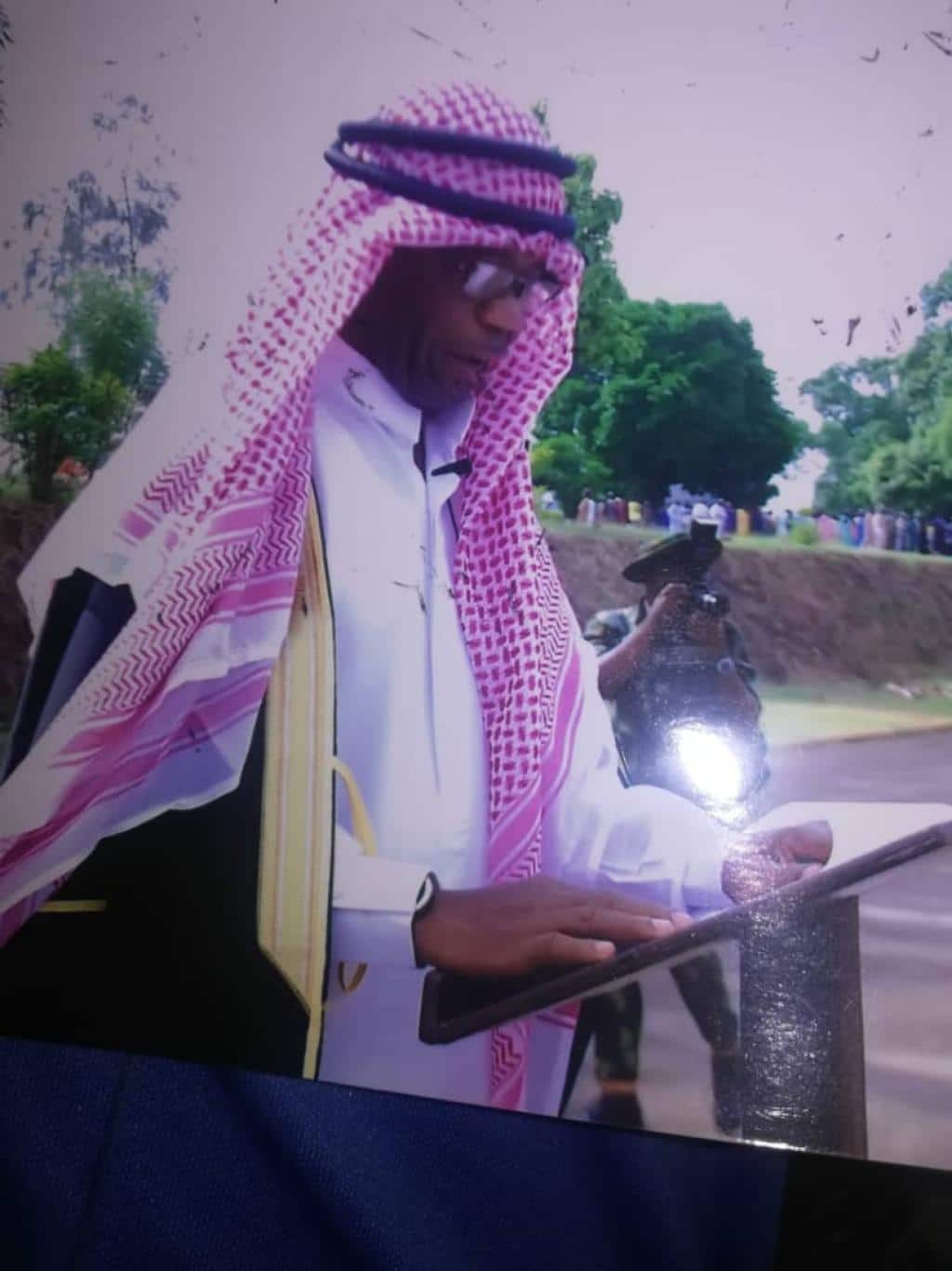The Chief Imam of the 82 Division of the Nigerian Army, Lt.-Col. Husein Eleje, has called for the adoption of Zakkat as a means of wealth redistribution and socioeconomic balance in the society.
Zakkat is a fundamental pillar of Islam and an obligatory form of charity that requires Muslims to allocate a portion of their wealth to those in need.
Speaking with newsmen on Friday in Enugu, Eleje said that implementing the principles of Zakkat could greatly benefit Nigeria and its citizens.
According to him, the primary objectives of paying Zakkat include economic empowerment, wealth redistribution, and providing support to the less privileged, ultimately fostering socioeconomic stability.
He said, “It is for the welfare of people especially the Muslim Ummal (community); however, the concept can be applied to the larger society.
“Zakkat, which is an induction (commandment) in the Holy Quran is charity from the rich and wealthy given to the needy people, who may not necessarily be the poorest of the poor.
“The wealthy, rich and well-to-do people are people who pay Zakkat primarily.
“The essence of Zakkat is to ensure that nobody is as poor, to alleviate the suffering of the common people in the society and that everybody should be supported.”
The cleric noted that with proper implementation of Zakkat, “nobody should experience abject poverty.
“It is a form of social responsibility for the wealthy and leaders to ensure that everybody has something to eat and a means to solve their immediate problems.”
According to the chief imam, there are three types of Zakkat as specified by the Holy Quran.
“The first, is the one payable compulsorily by the rich (in animals, successful business moguls or other types of wealth or uplift), which involve a certain percentage of their profit annually also known as Nisab.
“Second, is the Zakkat-el-Fitr, which is virtually paid by all Muslims at the end of the Ramadan fasting to the needy around to ensure that no one lacks items used in celebrating idi (sallah) and it signifies end of the fasting.
“The third is the ordinary alms giving, which is not compulsory. You can be moving along the road, see the needy and drop whatever you are compassionately willing to give to them,” he added.

 NEWS2 years ago
NEWS2 years ago
 MUSIC4 years ago
MUSIC4 years ago
 MUSIC4 years ago
MUSIC4 years ago
 MUSIC2 years ago
MUSIC2 years ago











